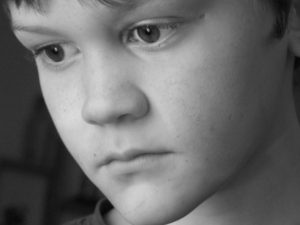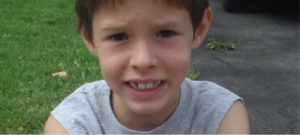Why Is My Child Mean?!?

There have been many parent posts online regarding the general and persistent negative behaviour patterns of their children. “Why is my child mean?” They describe their children as being “mean” on a regular basis. It’s not uncommon to see this default behaviour in children who have neurological challenges. In my presentations, I call this the “Awfulizer Syndrome“. To these children, everything is awful. They always seem annoyed or angry. They are routinely mean or insulting. They often engage in name calling and typically communicate in an unkind or angry tone of voice. Generally negative in most aspects of their daily life, they are most often disagreeable. Without intervention and support, it is difficult to correct these behaviours. From personal experience, as a person who has overcome this challenge and a parent who has dealt with it, I can tell you it takes a great deal of effort to overcome this neurological affect.
Step One: Identify your child’s behaviours and the responses of your family members
Identify and address when your child is mean through his/her words, voice or actions. Be sure to do this when your child is in a calm and receptive state of mind. Session need to be frequent and on-going. Share your feelings with your child. Explain how their words/tone/behaviours make you feel, and how it affects your thinking about them (e.g. “Although I love you, your tone of voice makes me feel mad and I don’t want to be around you when you are mean to me”). This response is a natural consequence – people don’t want to be around people who are mean or unkind.
You need to make your child recognize and understand their behaviours before you can begin to change them. At times, it may be necessary to actually reflect behaviours back to your child by demonstrating them in a kind way. There was a time in my stepsons “awareness training” where I actually showed him what he looked like by putting him in front of a mirror to show him how threatening he looked. I showed him his angry face and clenched fists, and clearly stated that he was not allowed to be near us when he presented in this threatening way. Prior to this moment, he had no idea how he looked or sounded. It was not an easy process to embark. He was enraged by us showing him what he looked like. In the end, it was worth it. We convinced him that showing him explicitly how he appeared was something we were doing for him and not to him. It was not punishment but a step necessary for self-insight. I am not sure he could have learned as much about himself and how he appears to others without this step.
Step Two: Show and Teach
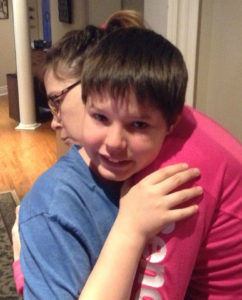
Do not assume your child knows how to be kind, even though you are kind in all you do to model appropriately for your child. Many children with these disorders do not learn by watching. They miss most body language and social cues (facial expressions and tone of voice). As a result, they must be explicitly taught. You will need to teach them appropriate words and actions, and explain when and how to use them (e.g. “When you upset someone, you must say “I’m sorry I hurt your feelings. I didn’t mean to”).
As a parent of neurologically challenged children, I admit it’s not always easy to for me to maintain my composure. In times such as this, it is also important to apologize to your child. As the grown-up it is our responsibility to model how to demonstrate how to keep calm and be in control. In addition to repairing any possible damage to your relationship with your child, you will be also teaching your child how to apologize.
Step Three: In the moment
When my stepson engages in mean behaviour, we politely remind him with positive language, “You need to use a friendly and caring tone of voice”, “Please use kind words” , “You need to try again, with a friendly (or caring) face”.
(See Neurologically Gifted’s article: Using Positive Language for Success)
If he continues with unkind behaviour we then issue a choice for him to self-correct, “You need to use a friendly voice”, or “You need to go somewhere else (give a choice) because we don’t like your behaviour right now and don’t want to be around you”. (such feelings are normal, and are the result of the child’s behaviour. This is a true-life natural consequence that your child needs to be aware of for understanding social norms. If he can’t make a positive choice independently then we would help by making the decision for him
(see Neurologically Gifted’s article Taking On Rage 4: Prepare a Plan)
While teaching my stepson, there were good days and bad days. I was not disheartened when he seemed to “slip back” a few steps. We focused on his progress, when he applied his new learning, and we built on those moments. Always quick to give him praise for making a good choice, we built his confidence and his emotional investment in the members of our family. Once distant and unconnected to his family, he now knows he is loved, and he not only cares about us, he is quick to admit when he has made a mistake, and asks for help when he needs it.
We all do, in our family.

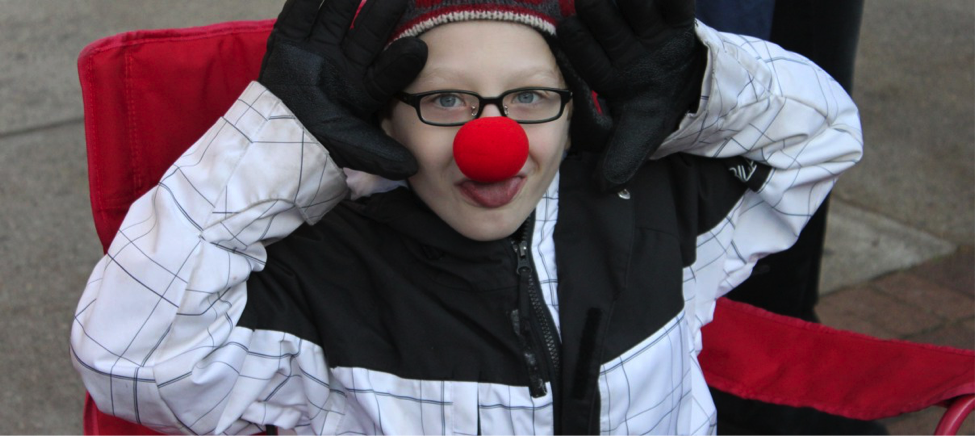
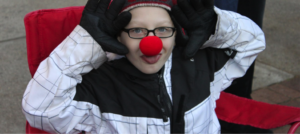




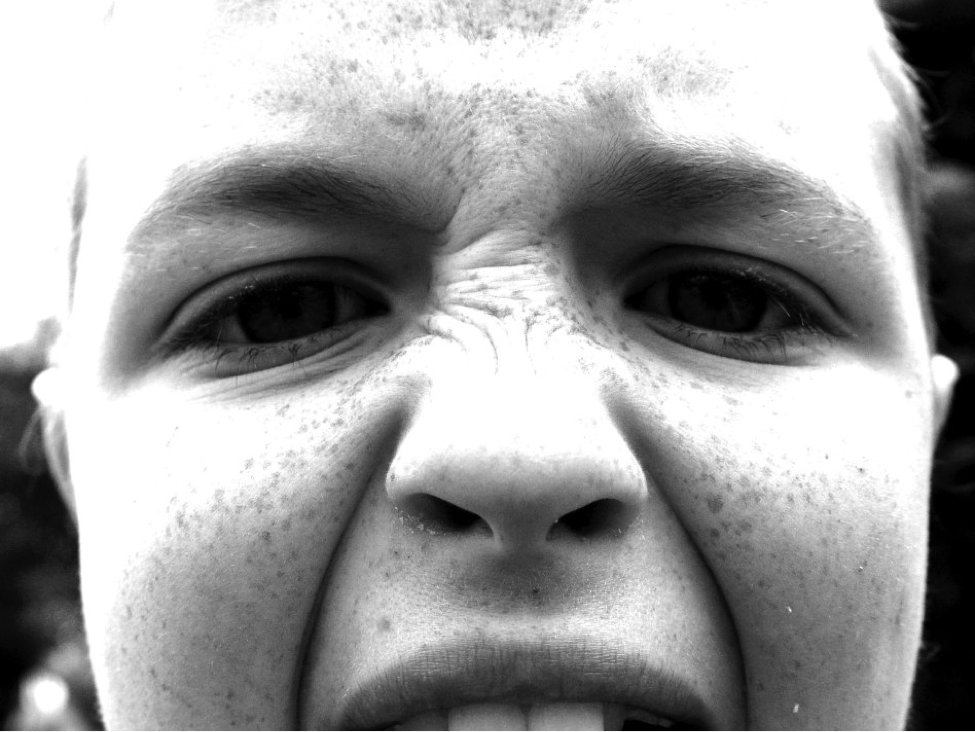
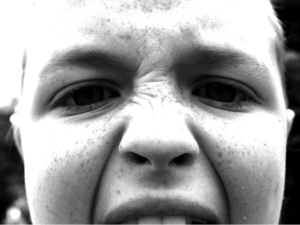 Nate is now irate. He goes about his business yelling, “Why?” and “But…” and “B**ch” and “A**hole” and the screeching and banging ramps up to full force.
Nate is now irate. He goes about his business yelling, “Why?” and “But…” and “B**ch” and “A**hole” and the screeching and banging ramps up to full force. I would have never predicted that this would be our new normal after school routine or that this new normal would actually feel good!
I would have never predicted that this would be our new normal after school routine or that this new normal would actually feel good!








